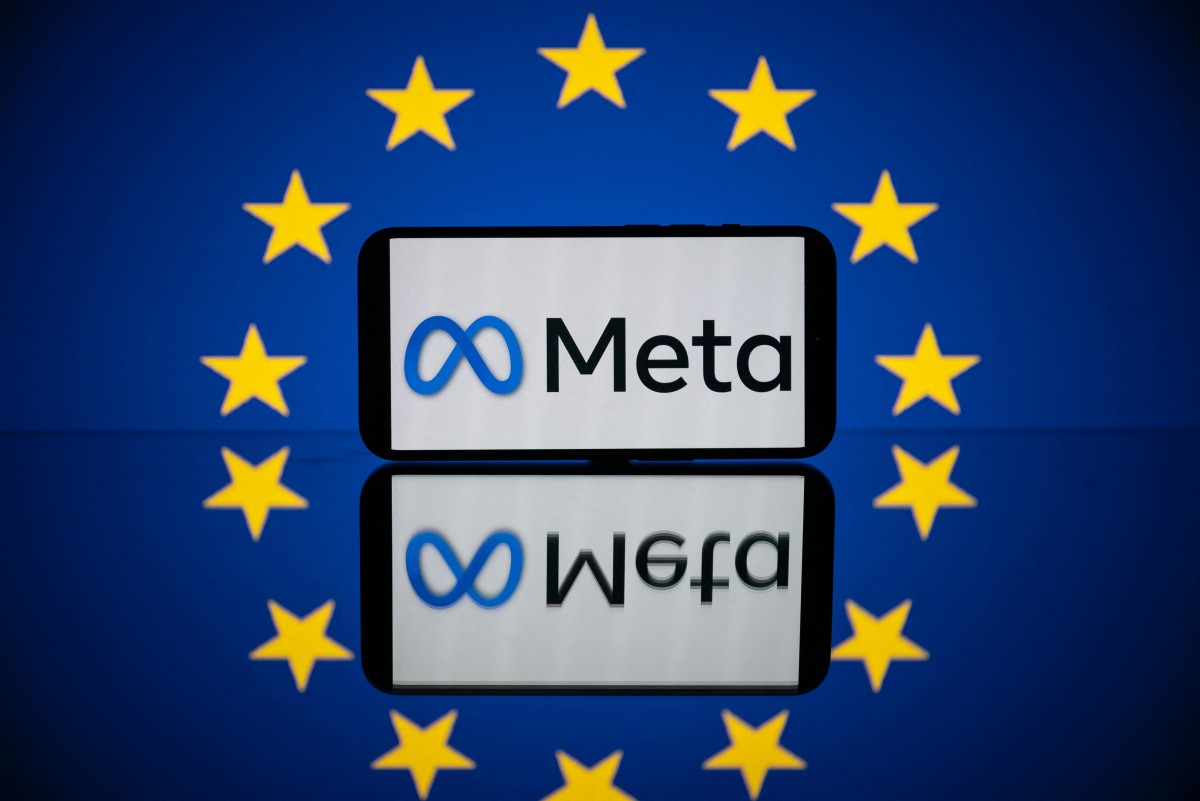Brussels, Belgium – Tech giants Meta and TikTok are contesting the scope of an EU law that from March will set new rules on competition in the digital marketplace.
The European Commission has designated 22 big online companies as “core platform services” to be subject to additional scrutiny and obligations under the Digital Markets Act (DMA) aiming to crack down on anti-competitive practices.
The list includes familiar brands ranging from social networks Facebook, Instagram and TikTok, to so-called “intermediation” apps such as Google Maps, Amazon Marketplace and Apple’s AppStore, to operating systems iOS, Android and Windows and Google Search.
Six tech titans behind the platforms — US groups Alphabet, Amazon, Apple, Meta and Microsoft, and Chinese group ByteDance — have been labelled “gatekeepers”.
The DMA comes after other EU laws aimed at imposing order and rules on the digital world.
As with the Digital Services Act, which came into force in August, and the 2016 General Data Protection Regulation, the DMA comes with sharp teeth.
Companies found infringing the DMA expose themselves to fines that could go as high as 20 percent of their global turnover, or even orders to be broken up in serious cases.
But the legislation has already been challenged in what is likely to be a foretaste of future litigation and differing interpretations of what it entails.
Meta, owner of Facebook and Instagram, announced Wednesday it will go to the EU courts over the designation of its instant messenger service Messenger as a “core platform service”, and for its Facebook Marketplace also coming under the DMA’s scope.
“This appeal seeks clarification on specific points of law regarding the designations of Messenger and Marketplace under the DMA,” said a Meta spokesperson.
“It does not alter or detract from our firm commitment to complying with the DMA,” alongside the lawsuit, the spokesperson added.
TikTok riled
The group also does not challenge its other services — Facebook, Instagram, Whatsapp and its Meta ads service — coming under the European act.
TikTok on Thursday announced it would challenge its own listing, arguing that it sees itself as an emerging player in a field dominated by American giants.
“Our designation risks undermining the DMA’s own stated goal by protecting actual gatekeepers from newer competitors like TikTok,” the company wrote on its website.
“The designation decision is based on a fundamental misunderstanding of our business and threatens our ability to grow and compete with true gatekeepers.”
The companies concerned have until Thursday to lodge a lawsuit.
Queried by AFP, the European Commission declined to comment. An EU official, however, said the EU executive was confident that all the named companies are working towards conforming with the DMA before March 6, 2024.
“The companies are mounting legal challenges, but at the same times they are doing what’s needed to respect the law,” the official said on condition of anonymity.
The DMA demands an interoperability between rival services, and to ensure the easy deletion of pre-installed apps.
It requires Apple to let iPhone and iPad users turn to app outlets other than its AppStore to get software for their devices.
It also bans all preferential results from search engines, which goes to a reproach often made over Google — that its site favors its own Google Shopping platform at the expense of competitors.
“These appeals are understandable, they’re even healthy. That shows that we have rule of law,” said Alexandre de Streel, a co-director at the think tank Center on Regulation in Europe (CERRE).
“In the early stages of a new law, there are uncertainties that need to be clarified,” he said.
“I’m not surprised that there are now two or three challenges, but I think there will be more to come when it comes down to interpreting one (DMA) obligation or another.”








